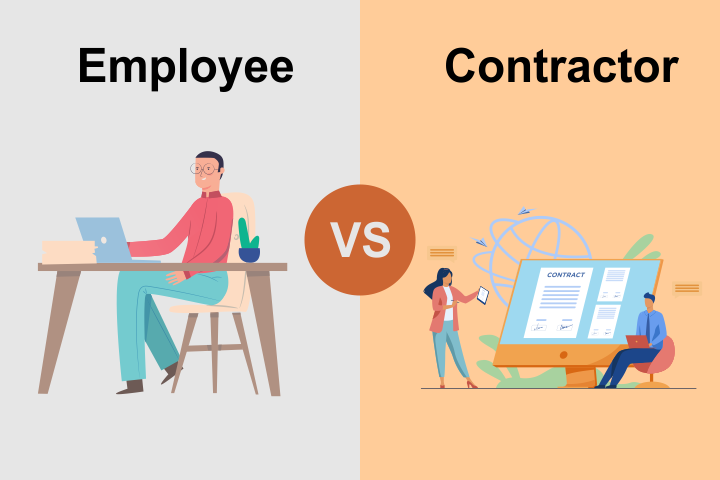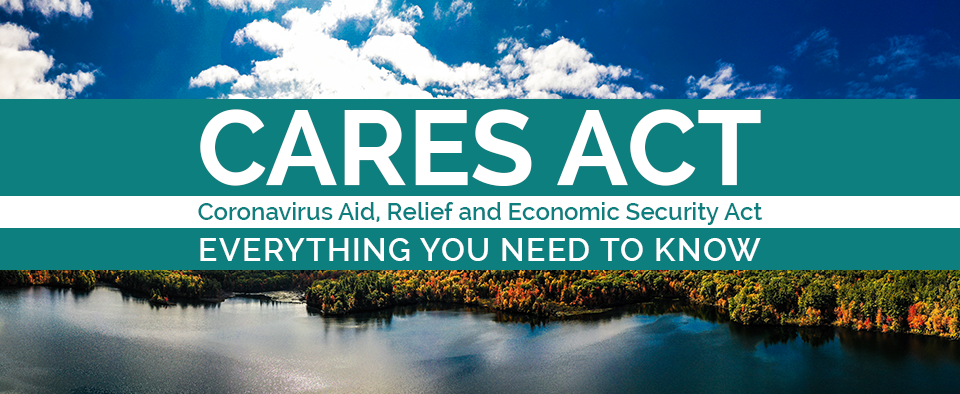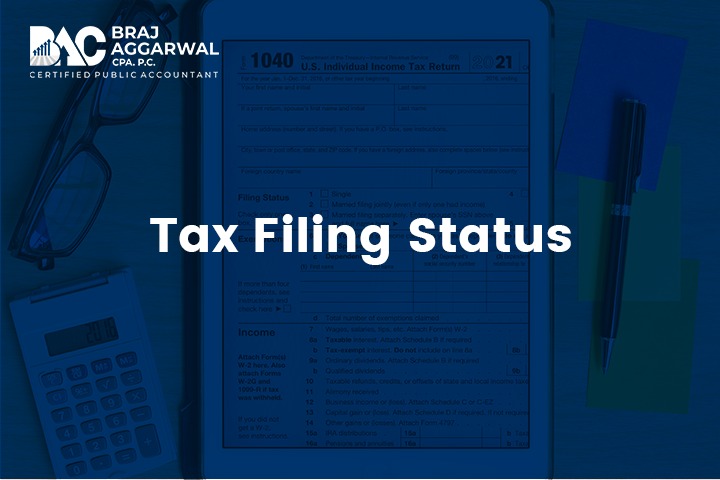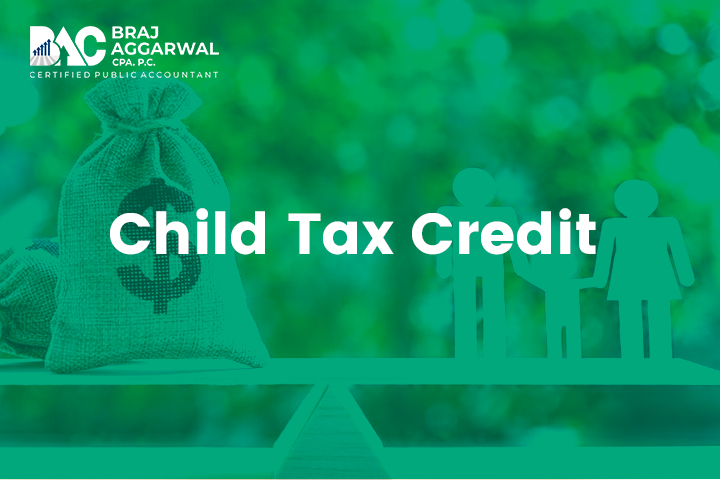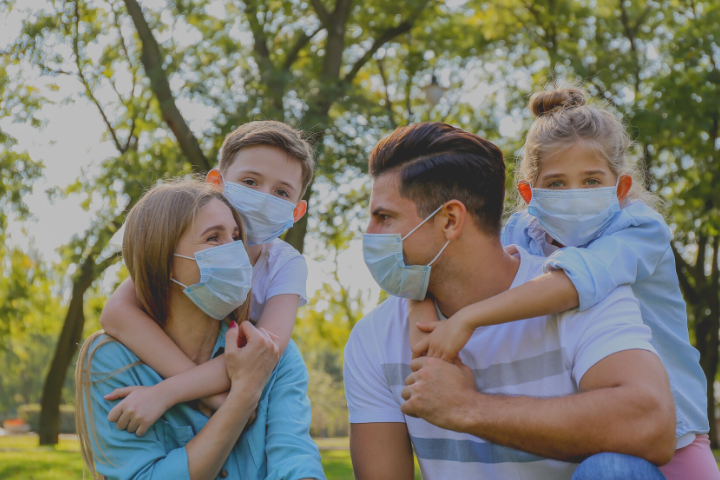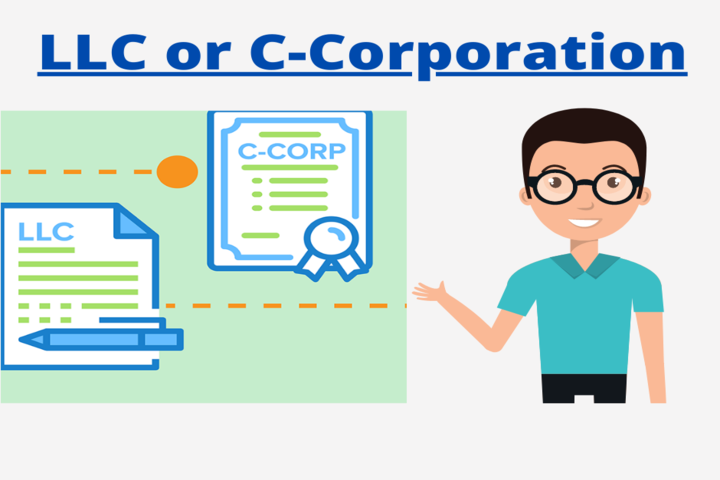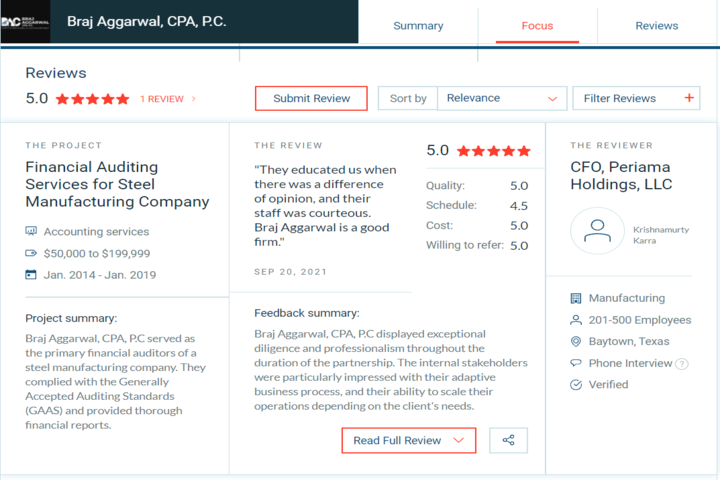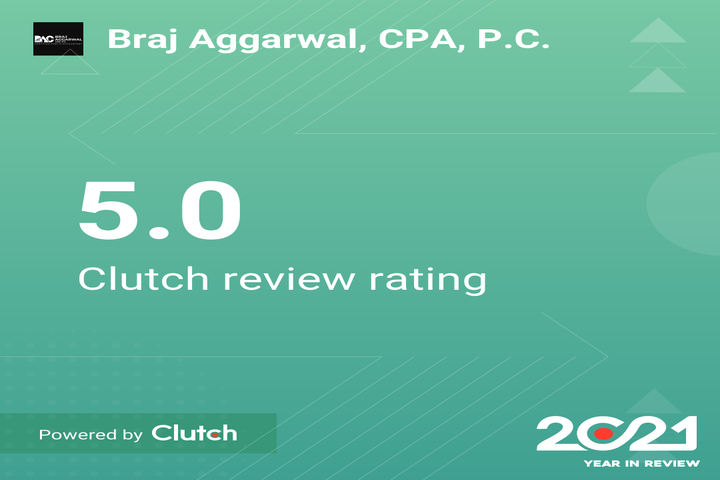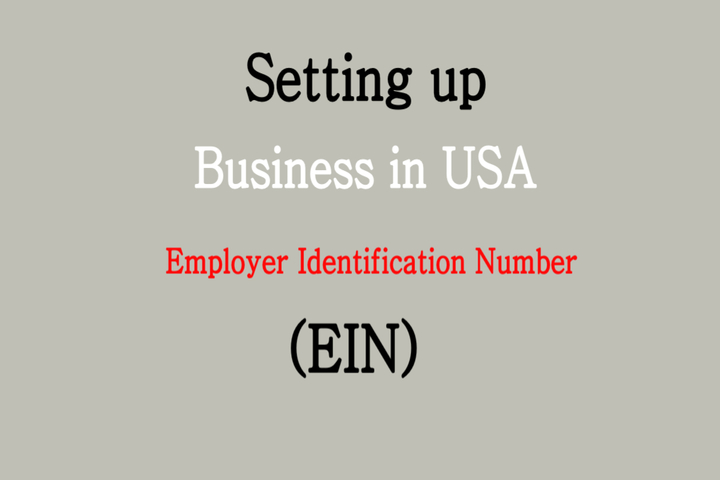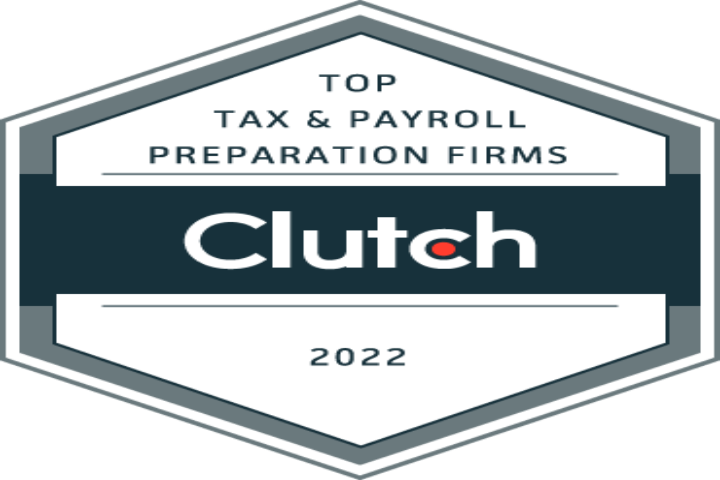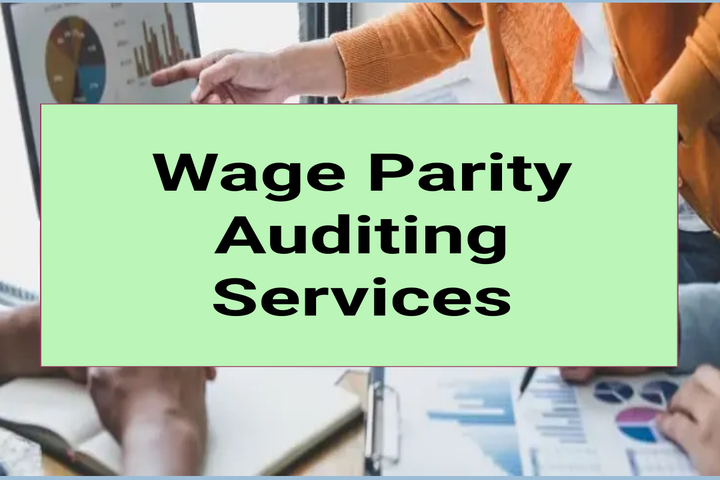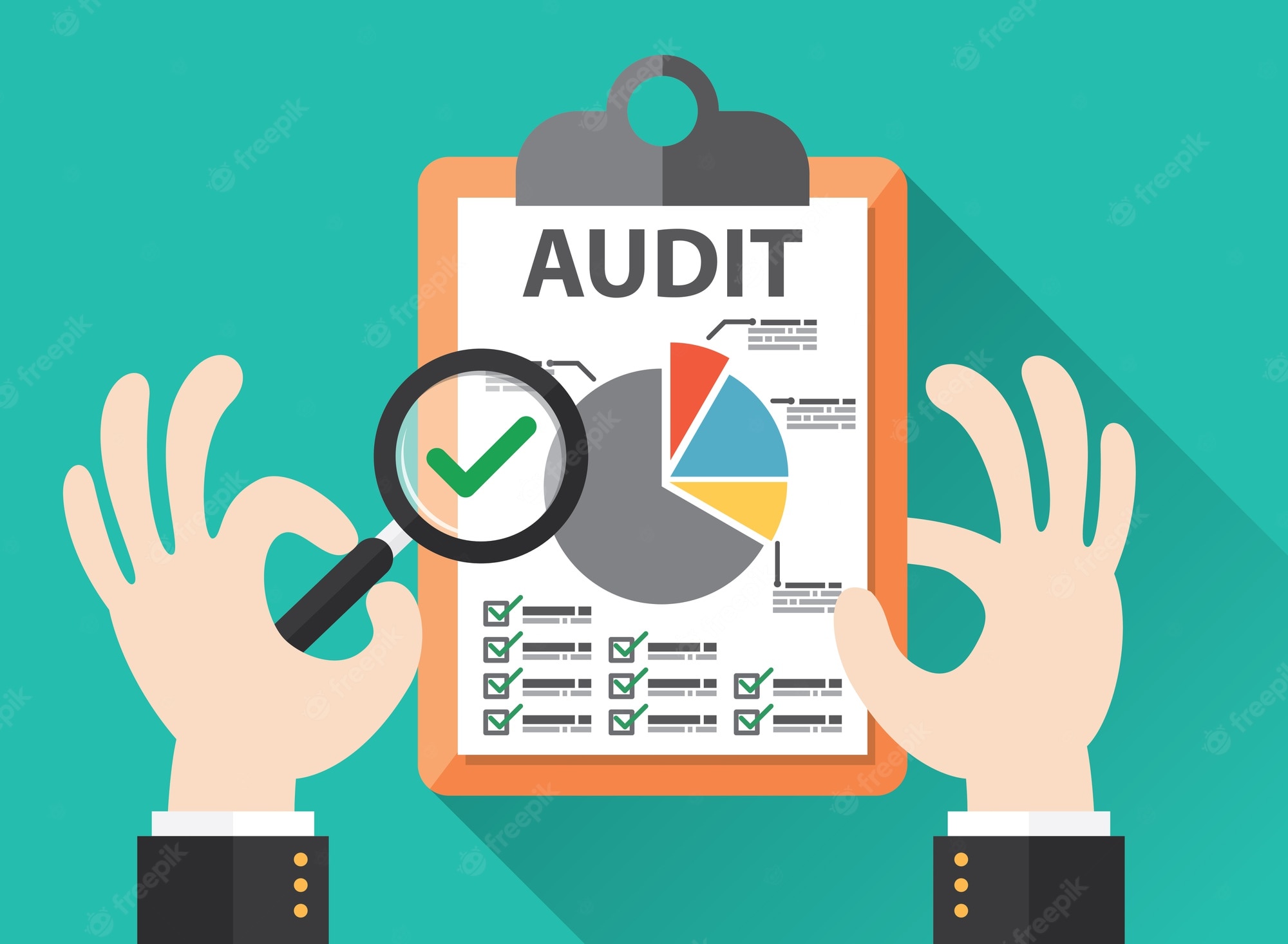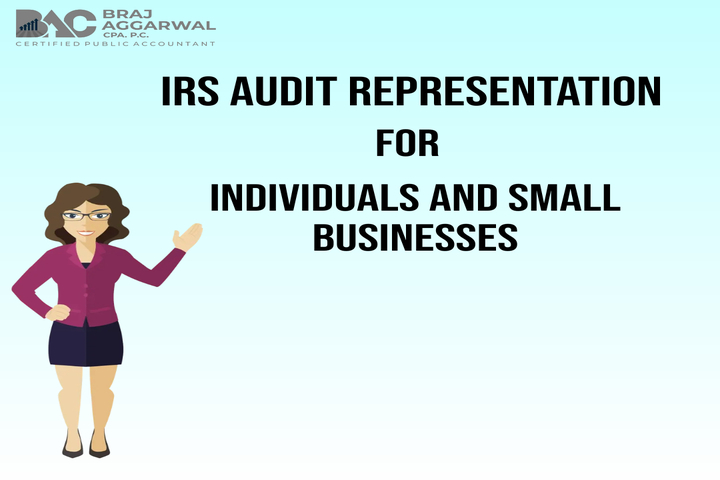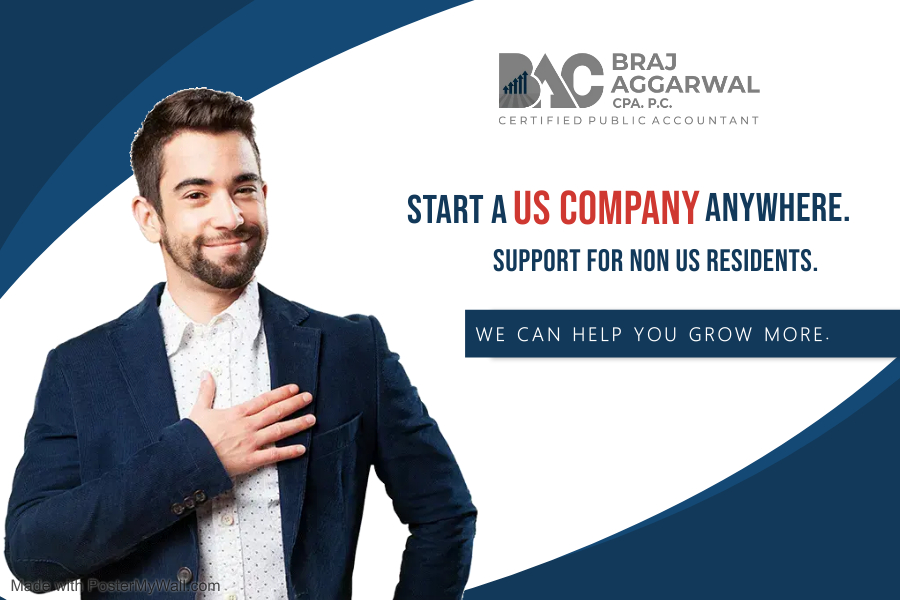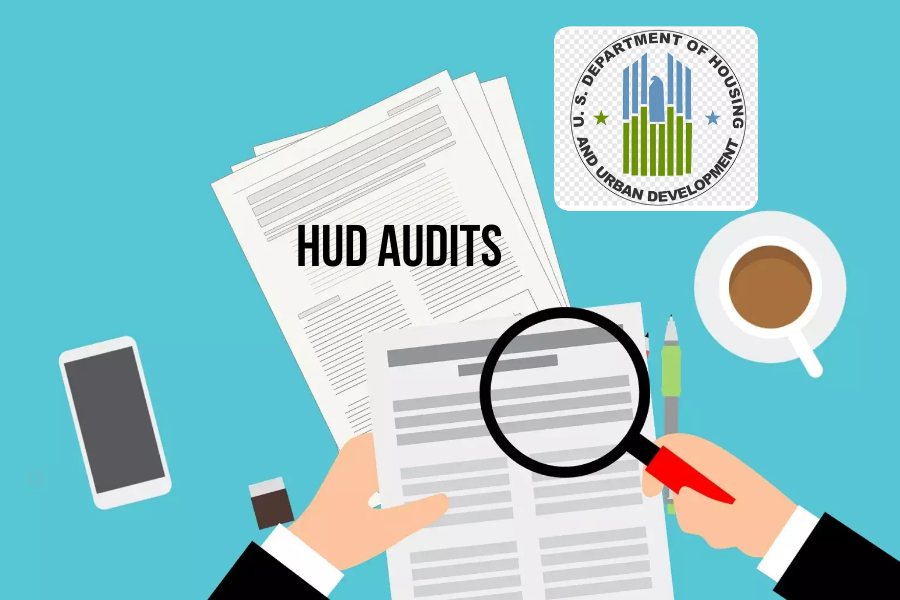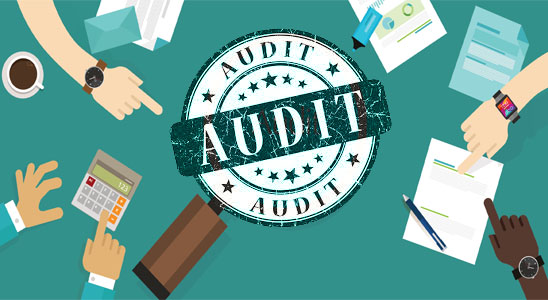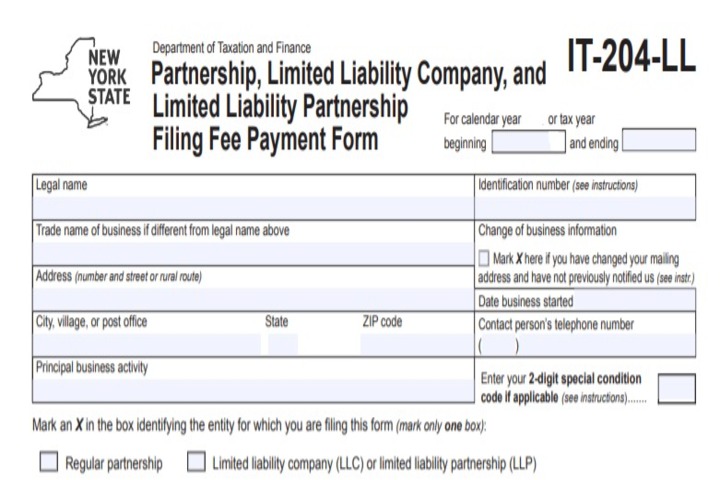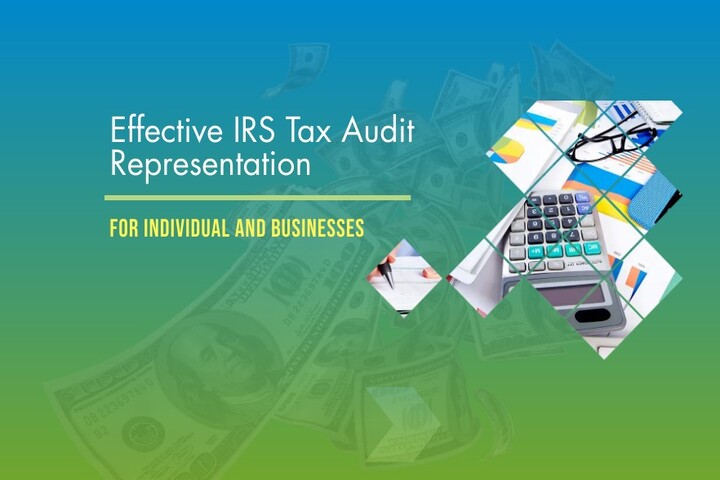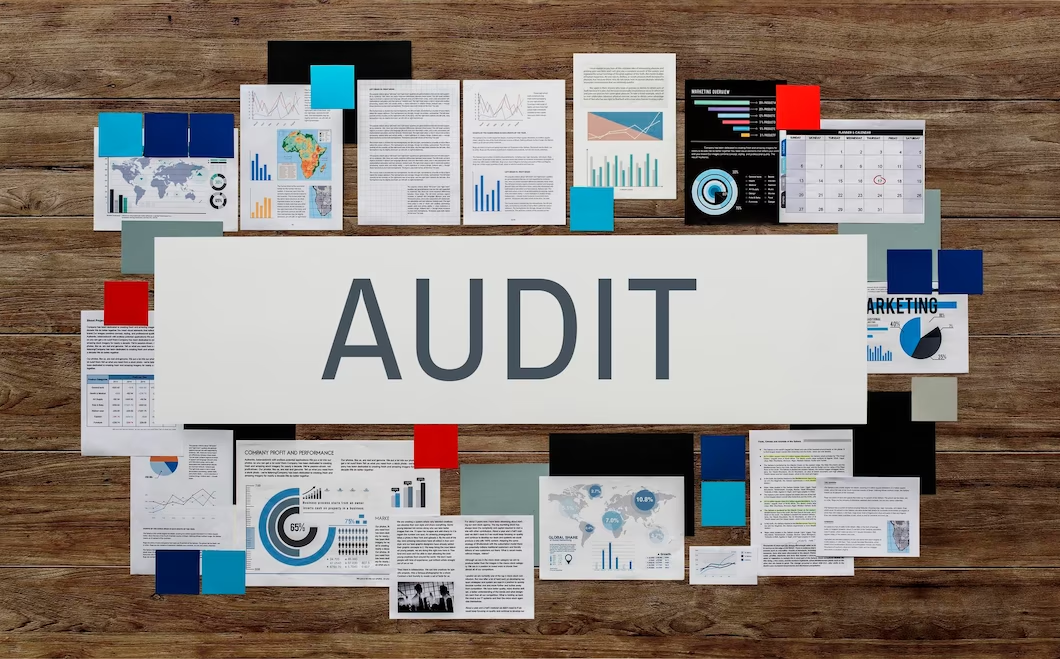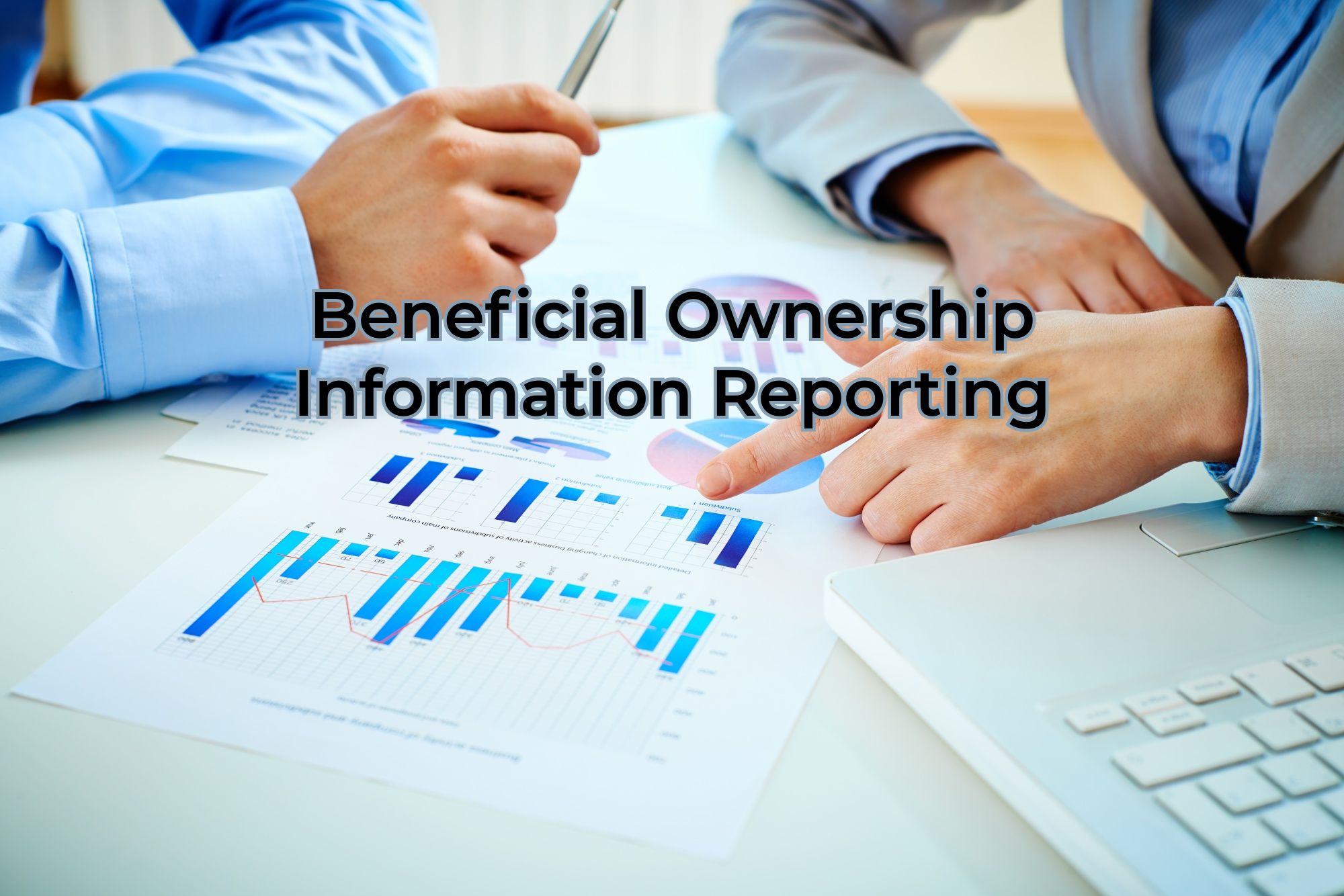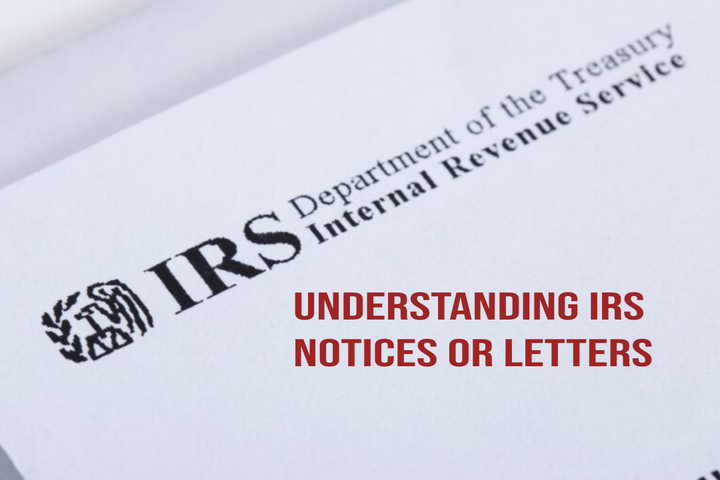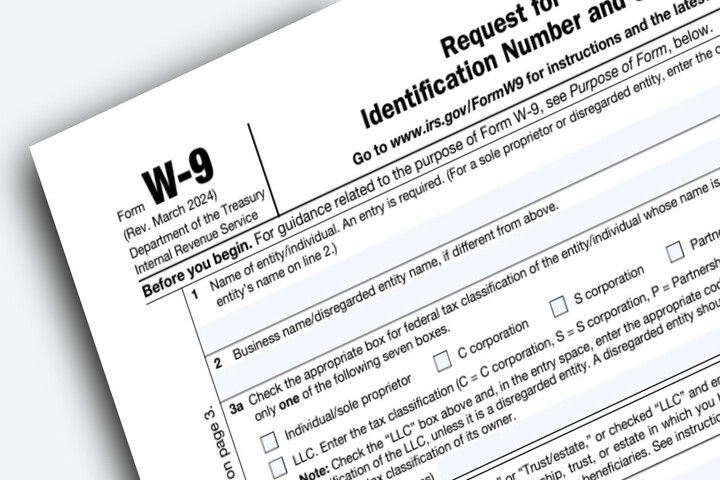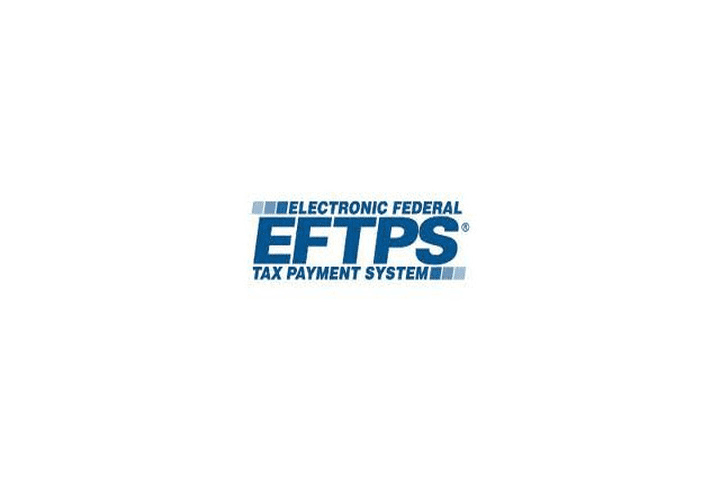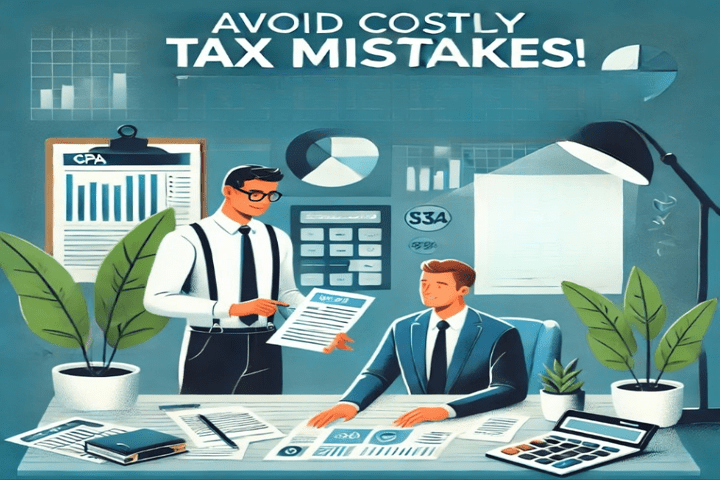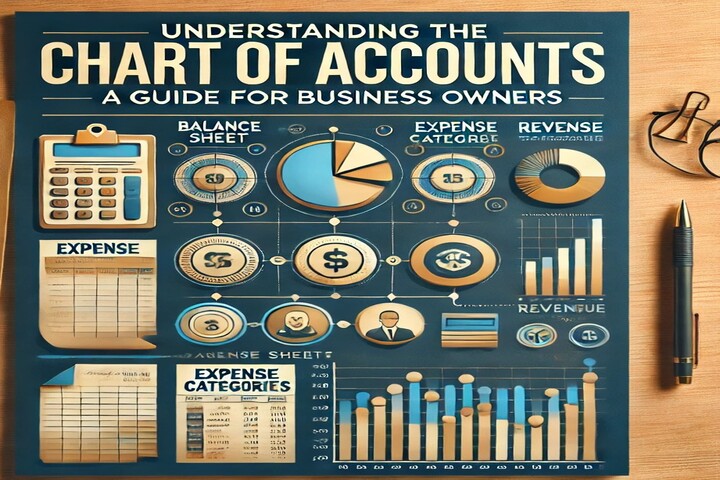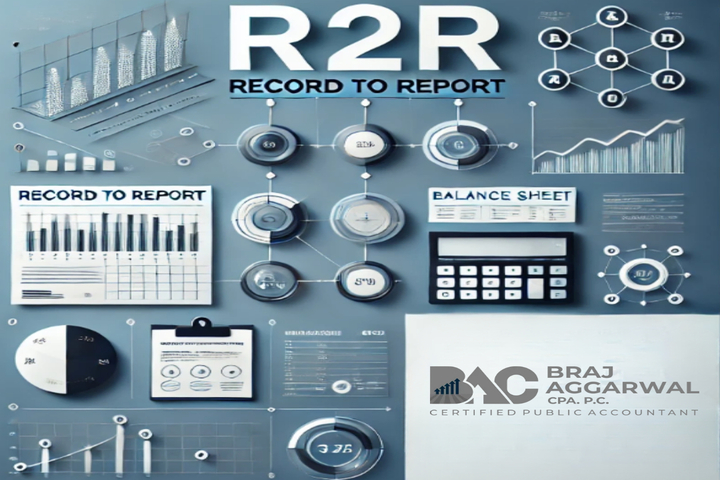Tax Optimization for Veterinary Practices - Key Insights on Wisconsin PTE, S Corp Conversion

Navigating the complex world of tax regulations can be challenging for veterinary practices. Effective tax optimization not only ensures compliance but also maximizes profitability. We'll delve into key aspects of tax strategies, including Wisconsin's Pass-Through Entity (PTE) tax, S Corporation (S Corp) conversion, and sales tax considerations, and how Braj Aggarwal, CPA, P.C. can help streamline these processes for your practice. At the end, some FAQs that will address your potential concerns. For more help, feel free to connect Braj Aggarwal, CPA, P.C.
Understanding Wisconsin PTE (Pass-Through Entity) Tax
Generally, S corporations elect to pass corporate income, losses, deductions, and credits to their shareholders for federal tax purposes. Shareholders of S corporations report the flow-through of income and losses on their personal tax returns and are assessed tax at their individual income tax rates.. In 2018, Wisconsin introduced a unique law allowing Pass-Through Entities (PTEs), including S corporations and partnerships/LLCs, to elect annual entity-level taxation instead of individual taxation. This "Wisconsin Entity Election" requires consent from majority owners (holding over 50% shares or capital and profits). This option is equally advantageous for veterinary practices operating as partnerships or S corporations, offering significant benefits.
Benefits of PTE Tax for Veterinary Practices:
- Tax Savings: PTE tax helps in avoiding double taxation, which is common in traditional C corporations.
- Simplified Compliance: Streamlined reporting processes reduce administrative burdens.
- Flexibility: Owners can adjust their income and deductions to optimize their tax position.
Key Considerations:
- Eligibility: Only entities classified as partnerships or S corporations can elect to be taxed as a PTE.
- Timing: Elections must be made within specific time frames to be effective for the desired tax year.
S Corporation Conversion for Veterinary Practices
Converting your veterinary practice to an S Corporation can provide substantial tax benefits due to this pass-through taxation, potentially reducing overall tax liabilities for shareholders compared to other corporate structures as the losses of an S corp pass-through to its shareholders, who can use the losses to offset income (subject to restrictions of the tax law).
Advantages of S Corp Conversion:
- Tax Benefit: S Corporations avoid double taxation, which reduces overall tax liability compared to C Corporations.
- Income Splitting: Owners can strategically divide income into salary and distributions, optimizing tax efficiency.
- Self-Employment Tax Savings: Shareholders receive distributions that are not subject to self-employment taxes, leading to potential savings.
- Payroll Tax Savings: There are opportunities to save on payroll taxes compared to other business structures.
- Participation in Wisconsin PTE: Conversion facilitates eligibility to participate in the Wisconsin Pass-Through Entity (PTE) tax regime, potentially offering additional tax advantages.
Steps to Convert:
- Consult a Tax Professional: Ensure the conversion aligns with your long-term financial goals.
- File IRS Form 2553: This form must be submitted to the IRS to elect S Corp status.
- State Filings: Complete any necessary state-specific filings and notify relevant authorities.
Potential Pitfalls:
- Compliance: Strict adherence to IRS requirements is crucial to maintain S Corp status.
- Cost: Initial setup and ongoing compliance costs can be higher than for sole proprietorships or partnerships.
Sales Tax Considerations for Veterinary Practices
Sales tax compliance is a critical aspect of running a veterinary practice in Wisconsin. Understanding what is taxable and ensuring accurate reporting can prevent costly penalties.
Taxable vs. Non-Taxable:
|
Particulars |
Taxable |
Non Taxable (Exempt) |
|
SALE |
The sale of taxable products, by a veterinarian to a customer in the performance of a taxable non-veterinary service, is subject to Wisconsin sales tax if the property is physically transferred to the customer Example – Boarding, Breeding, Clipping, Grooming, Sell of Pets/Pets equipment/Pet Foods(if food is not drug), Rental of equipments
|
Sales of veterinary services and certain tangible personal property by veterinarians are exempt from Wisconsin sales and use tax Example - Cremation services when the veterinarian disposes of the animal remains, Custom Farming Services, Sale of drugs if purchases for animal, Occasional sale if meets criteria, Sale of milk house/drugs for farm livestock used exclusively and directly in business of farming, Sale of taxable products and services and purchaser provides Sales and Use tax exemption certificate, Services Performed on Exempt Animals, Exempt veterinary services such as charges for boarding, food, and grooming provided in conjunction with veterinary services |
|
PURCHASE |
A veterinarian's purchases of all taxable products and services stored, used, or consumed in Wisconsin are subject to Wisconsin sales or use tax. Example- Cleaning supplies, Disinfectants, Fitness and exercise equipment, Vaccine tags, X-Ray film, Ventilators and respirators, Laboratory supplies Note: - If the supplier does not charge Wisconsin sales or use tax to the veterinarian, the veterinarian is required to pay use tax to the Wisconsin Department of Revenue. |
Examples- Animal identification tags purchased from the Wisconsin Department of Agriculture, Trade, and Consumer Protection, purchase certain property used in performing custom farming services, Purchases of drugs used on farm livestock which are used exclusively in farming and veterinarian provides completed exemption certificate, |
Best Practices:
- Accurate Records: Maintain detailed records of all sales transactions.
- Regular Reviews: Periodically review sales tax filings to ensure compliance with state regulations.
- Professional Advice: Engage with a tax professional to stay updated on any changes in tax laws.
Author’s Advice: - Timely payment of sales tax is not just a compliance issue. In Wisconsin, it can also lead to discounts, adding a financial incentive to staying on top of this obligation.
How Braj Aggarwal, CPA, P.C Can Help
At Braj Aggarwal, CPA, P.C. we specialize in providing comprehensive tax optimization services tailored to veterinary practices. Our team offers:
- Expert Guidance: In-depth knowledge of Wisconsin PTE tax and S Corporation conversions.
- Personalized Strategies: Customized tax strategies that align with your practice’s financial goals.
- Compliance Support: Assistance with ongoing sales tax reporting and compliance.
- Advisory Services: Continuous support to adapt your tax strategies as your practice grows.
Frequently Asked Questions (FAQs)
What is the main advantage of the Wisconsin PTE tax for my veterinary practice?
The primary advantage is the elimination of double taxation, allowing income to pass directly to owners' personal tax returns, potentially reducing the overall tax burden along with that it can increase state income tax liability. The PTE is particularly relevant for practices where the owner's W-2 income places them in Wisconsin's 7% tax bracket. However, it's important to consult with a tax advisor on PTE election, as determining the cost of taking the election and calculating the real net benefit can be complex.
Is converting to an S Corporation worth it for my veterinary practice?
If your veterinary practice is profitable and you're aiming to enhance tax efficiency, converting to an S Corporation can be highly beneficial. This transition allows for strategic income splitting and potential reductions in self-employment taxes. Operating as an S Corporation offers advantages such as payroll tax savings and potential eligibility for the qualified business income deduction, which are valuable considerations for optimizing tax savings. Additionally, becoming an S Corporation can facilitate participation in the Wisconsin Pass-Through Entity (PTE) tax regime, providing an additional layer of tax advantage for your practice.
How do I know which of my services are subject to sales tax?
Generally, tangible personal property sales are taxable, while most professional veterinary services are not. However, it is crucial to consult with a tax professional to ensure compliance with specific state regulations.
In conclusion,
Optimizing your veterinary practice’s tax strategy requires a thorough understanding of various tax mechanisms and regulations. By leveraging the expertise of Braj Aggarwal, CPA, P.C. you can ensure that your practice is both compliant and financially efficient, allowing you to focus on what you do best – providing exceptional care to your patients.



